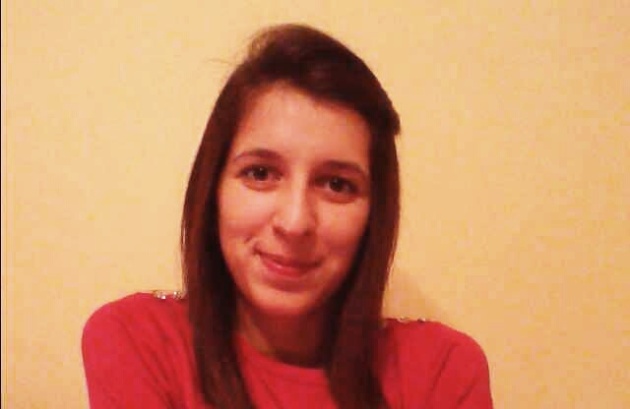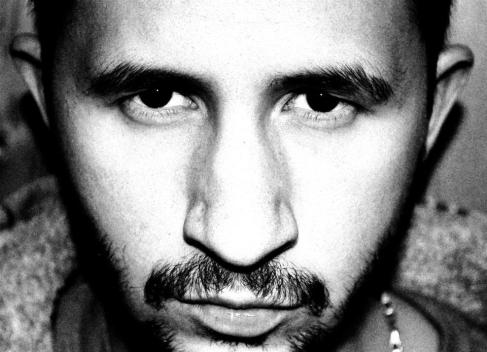Dear readers,
So far, my blogging experience has been an incredible journey: I talked to people with very different backgrounds, and I got to dive into the world of immediate multimedia technology. For this, I “blame” my professor, Melody Gilbert, whose dynamic work style made me jump from uploading pictures to editing sound files with multilayer audio to putting together a 5-shot-sequence video in less than an hour. SIGH!
Now that I write this, I realize how much I’ve come to learn in such a short period of time, and I cannot help but wonder what more would I become familiar with until the end of the semester.
Of course, apart from the practical jump I’ve made, I am also beginning to form an idea about the prevailing opinions of Bulgarians about the politics in their country. So far, I’ve interviewed a senior, who has more or less witnessed a few significant events during the mature part of his life; a professor, who gave me substantiated arguments for analysis, and a freshman, whose journey through real-life situations has just begun. Unexpectedly, I found a crucial similarity between the senior and the freshman: they both had very positive outlook about the future of Bulgarian politics. This made me think: how informed is the young generation, really?
Though I am part of that young generation in Bulgaria, I rarely find peers who are as interested in the political situation as I am. Whenever I open up the topic of a current issue or start complaining about social inequality, my friends would say “Oh well, what can you do,” or they would just change the topic. In fact, there is something we can all do as citizens: make good use of our rights in this allegedly democratic Republic of Bulgaria.
If our grandparents, uncles and aunts are already tired of complaining and prefer to stick to the status quo, it only means that we, the youth, have the responsibility to act. Students from the Sofia University tried it for three months, but unfortunately failed, because of the lack of vision on the whole “occupy something” movement. Citizens did it for over six months on the streets of Sofia, but even they eventually gave up and went from being on the news back to watching the news at home.
So yes, there have been attempts for revolution, but none of them succeeded. In my opinion, this is all due to the lack of personal communication between the representatives and their constituency, as well as to the prevailing ignorance among Bulgarians. Many of them were asked, “Why are you protesting?” at the demonstrations in Sofia’s central square, and the answers varied from “we want the government to resign,” to “a friend of mine told me there would be a march downtown.”
As a result, all the protests failed. Not because the government was oppressive and used police force to get the people out of the streets; not because the protests became too violent and someone had to put a halt to them, but because the activists themselves had no idea what they were protesting against. In that case, they have no one else to blame but themselves.
In my opinion, taking action just for the sake of it is not beneficial to anyone. If the past is marked by bloody revolutions, the present relies on T A L K S. If you want to be heard, you have to voice your demand, which does not necessarily mean to shout. Shouting is a sign of weakness and despair, so the right action is to back up your demands while discussing.
Perhaps this is all too idealistic and sounds like utopia. I’ve been told I tend to think like that, but it is so because I see this kind of communicative success happening in many other areas of life: at work, in relationships, among friends. However, I do acknowledge that there are not many people who share my views, which is why in the upcoming weeks I will try to explore as many diverse opinions as possible to be able to draw a more thorough picture on the influences of Bulgarian politics on its citizens.
As part of this beautiful Balkan country, we are all responsible to take care of its preservation. Check the video below and find one more thing to appreciate about Bulgaria!
Stay tuned and keep reading about the colorful individuals from my blog after I get back from Spring Break on March 10, 2014! If you’re interested in how I will be spending it, check out my blog next Monday!



